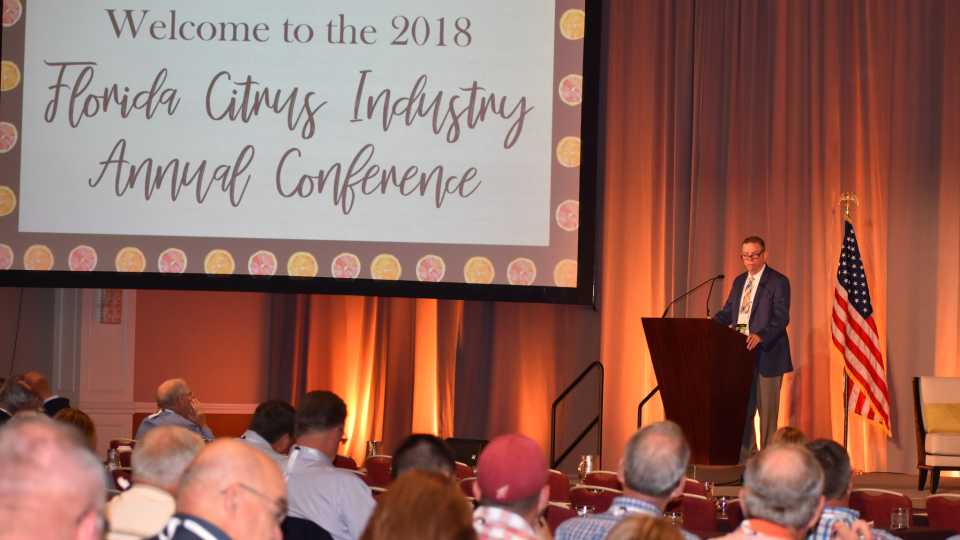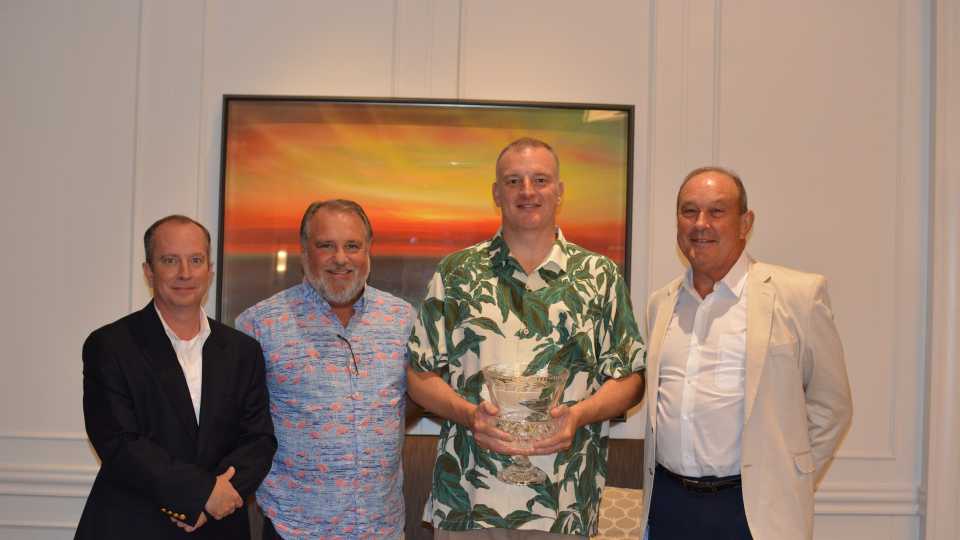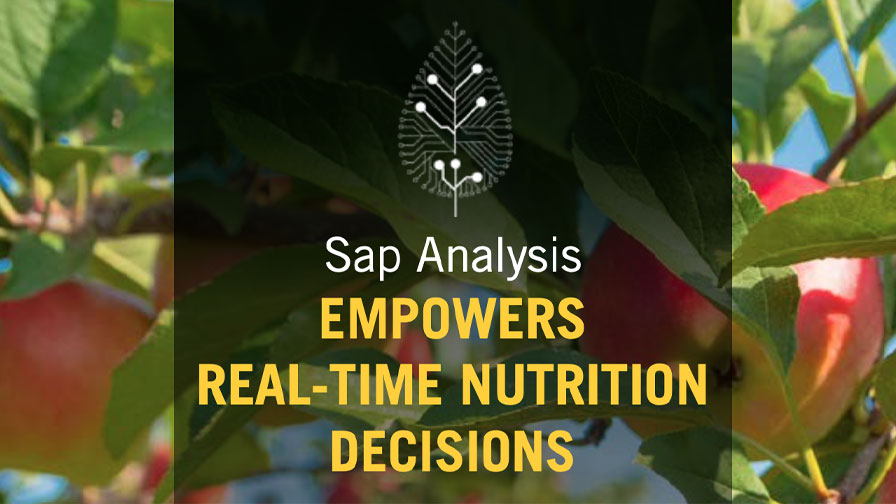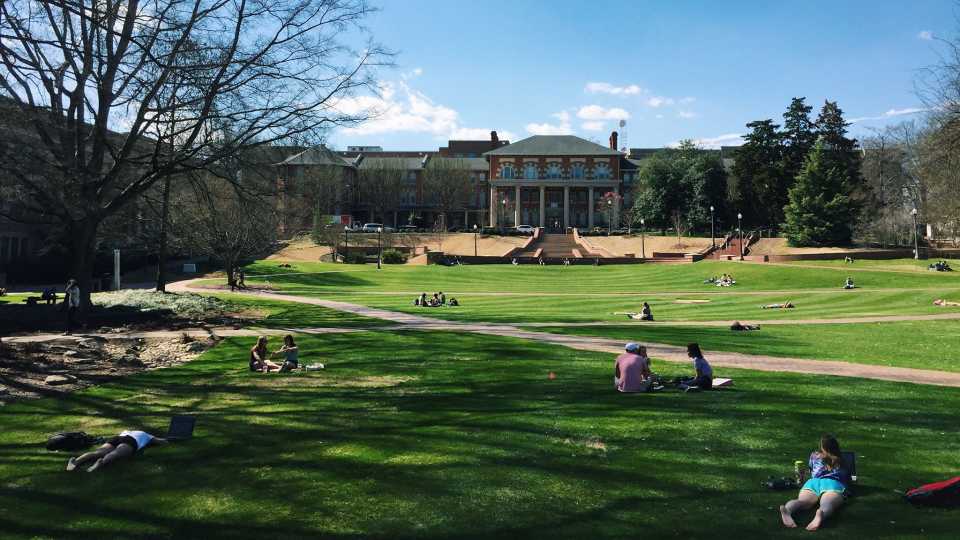Florida Citrus Growers Happy to Put Hurricane Irma in Rear View

The 2018 Florida Citrus Industry Annual Conference drew a big crowd of growers ready to press ahead after Hurricane Irma.
The mention of Hurricane Irma came often during the 2018 Citrus Industry Annual Conference as growers from around the state gathered in Bonita Springs to close out the season that was marred by the storm. Despite the bad year, growers in attendance at the event hosted by Florida Citrus Mutual were in relatively high spirits and ready to press on.
The education session hall was packed with attendees primed to learn the latest production trends and news on the fight against HLB. The Citrus Research and Development Foundation’s (CRDF) Stephanie Slinski was on hand to provide an update from a recent study released by the National Academies of Sciences, Engineering, and Medicine (NAS), which some perceived as negative on the prospects of finding long-term solutions to HLB anytime soon.
Slinski presented findings from the study that the decade-long research effort has borne fruit and progress is being made. In fact, the authors recognized that a large body of knowledge has been built since HLB was discovered in Florida.
She told attendees the NAS report recommended the CRDF improve its reporting requirements for funded research so growers can stay abreast of progress on projects they are helping to fund. This would include improved public access to reports and publications as well as better website and online communications.
The report suggested funding priorities continue to pursue near-term solutions that can sustain the industry. Long-term funding should focus on breeding resistant rootstocks and scions, more rapidly deployable biotechnology, and new psyllid management strategies. Bactericides also should be a focus of both short- and long-term efforts.
Nurseries on the Mend
Nate Jameson, Co-Owner of Brite Leaf Citrus Nursery, gave an update on the state’s citrus nurseries in the aftermath of Hurricane Irma. He presented a slide that showed the majority of the state’s citrus nurseries experienced hurricane force winds. That left a lot of damage and created demand for nursery building supplies.
“Many of the nursery folks are waiting on materials to become available, so they can repair or rebuild,” Jameson said.
Propagations in 2018 was down to roughly 2.9 million trees, which not only was reflective of the storm, but also represents a general trend of fewer propagations over time due to the struggles with HLB, Jameson pointed out.
Interestingly, the top rootstock and variety propagations reveal that old standards remain popular. On the rootstock front, ‘Swingle’ and ‘Kuharske’ remain popular. ‘Valencia,’ ‘Vernia,’ and ‘Hamlin’ topped variety selections in 2018.
“I still have many customers who are doing well with standard rootstocks,” Jameson said. “Depending on your location, situation, and variety, choosing a [traditional] rootstock that works is the simple answer. If it is profitable and working for you, maybe don’t change it just because.”
The ‘Bearss’ lemon was the fourth-most propagated variety in 2018 coming in with 203,316 trees. Growers are interested in lemons for their tolerance to HLB and strong market.
“I would have to check, but I bet you that is the most commercial propagations of lemons since the late 1960s or early 1970s,” Jameson said.
Private Sector Developments
Tim Eyrich, Vice President of Research and Commercialization for Southern Gardens Citrus, updated attendees on a couple of projects the company aiming at HLB, which is centered around a spinach defensins gene. These defensins proteins are found everywhere in plants, insects, and animals, and are active against bacteria, fungi, and many viruses.
Southern Gardens has been developing a genetically modified citrus tree that carries this spinach defensins gene. It shows promise as it moves through the regulatory process.
But, the company is particularly excited about another project, which takes an infectious clone of the citrus tristeza virus (CTV) developed by Bill Dawson, a Plant Pathologist with UF/IFAS. The company has developed a process to deliver the spinach defensins into citrus trees via the CTV clone. The engineered CTV is not aphid transmitted and does not cause disease except on trees budded on sour orange rootstock. So, it is benign form of CTV.
“The nice thing about the CTV approach is the tree is not genetically engineered, Eyrich said. “A ‘Valencia’ on a ‘Swingle’ is going to act like a ‘Valencia’ on ‘Swingle.’ The CTV is just an application method to get the protein in the plant.”
Processor’s Perspective
Bob Behr, CEO of Florida’s Natural, provided an update on how orange juice processors are adapting to HLB’s impact on juice supplies. One of the main points of his presentation was processors need fruit volume to be efficient and that was hard to come by this season.
Florida orange usage for not-from-concentrate (NFC) juice in 2017-2018 was only 34.5 million boxes to date, compared to 93.4 million boxes in 2004.
“I would argue that today we have capacity in our processed industry to utilize somewhere between 100 million to 120 million boxes of fruit to make NFC,” Behr said. “We have the capacity to process and store that kind of volume. Needless to say, at 34.5 million boxes, we have a severe excess capacity problem.”
He predicted this problem would continue for at least the next five to 10 years as the industry finds and implements solutions to HLB. This has put juice plants in the business of seeking cost savings through efficiency and alternative revenue streams with frozen concentrate juice and other juice drinks.
But, he said job No.1 to save processors and the industry is planting trees. Florida’s Natural has its own tree-planting incentive program, and there are several other programs aimed at helping growers plant.
“It is not all about quantity, but it is about all us of acting together,” he said. “These incentive programs do offer growers ways to mitigate the cost of planting with the risk of HLB.”
Grower’s Perspective
Daniel Scott, with Vero Beach-based Scott Citrus Management, gave attendees insights on how his family’s farm intends to move forward in the face of HLB. He said the farm and its packinghouse (Riverfront Packing Co.) is committed to staying in the industry.
He said there are a number critical factors to stay in the game. Those factors include replanting with different varieties to spread risk. He said growers need to be open to embrace new strategies and growing techniques driven by on-farm trials to identify best practices and varieties.
“I am a strong believer in grower trials,” Scott said. “We have to be active participants in finding solutions. The research community is a wonderful resource and has made great strides and produced many tools for us thus far. Their role is critical.But, for the interim period, this is a team effort and we can’t rely on somebody else to solve our problems. With trials in our groves, it allows us to try things on a commercial scale in our environment to see if it works. Growers, along with the research community, will find answers to this problem.”

Congressman Tom Rooney was presented the 2018 Florida Grower Citrus Achievement Award during the conference banquet. The award, sponsored by Arysta LifeScience, recognizes exceptional service on behalf of the state’s citrus industry. From Left: Florida Grower Editor Frank Giles; Shaun Yule, Arysta LifeScience; Congressman Tom Rooney; and Gerry Bogdon, Group Publisher, Florida Grower.
Three Cheers for Rooney
A productive day of learning and networking at the conference concluded with its annual banquet where the 2018 Florida Grower Citrus Achievement Award winner Congressman Tom Rooney was presented his trophy. Rooney received two standing ovations as he accepted the award for his leadership role in securing federal relief funds for the state’s citrus growers to help recover from Hurricane Irma.
Both Gov. Rick Scott and potential future Governor Adam Putnam spoke during the banquet and congratulated Rooney on the award, praising his service to growers during his decade in Congress. Rooney will retire at the end of this term to dedicate more time to his family.










